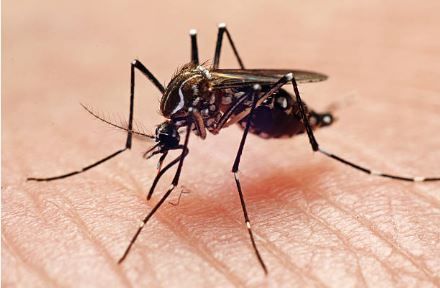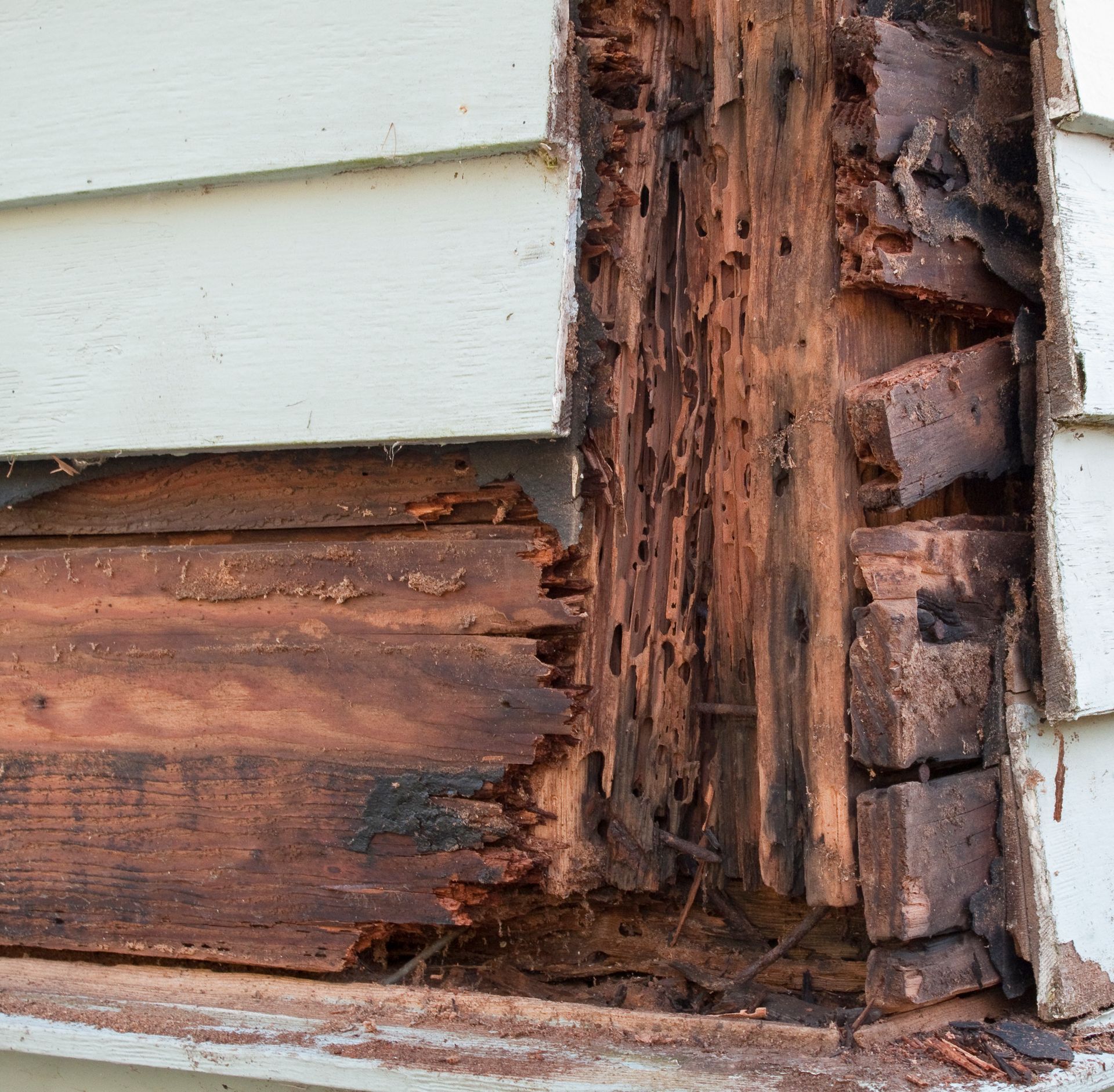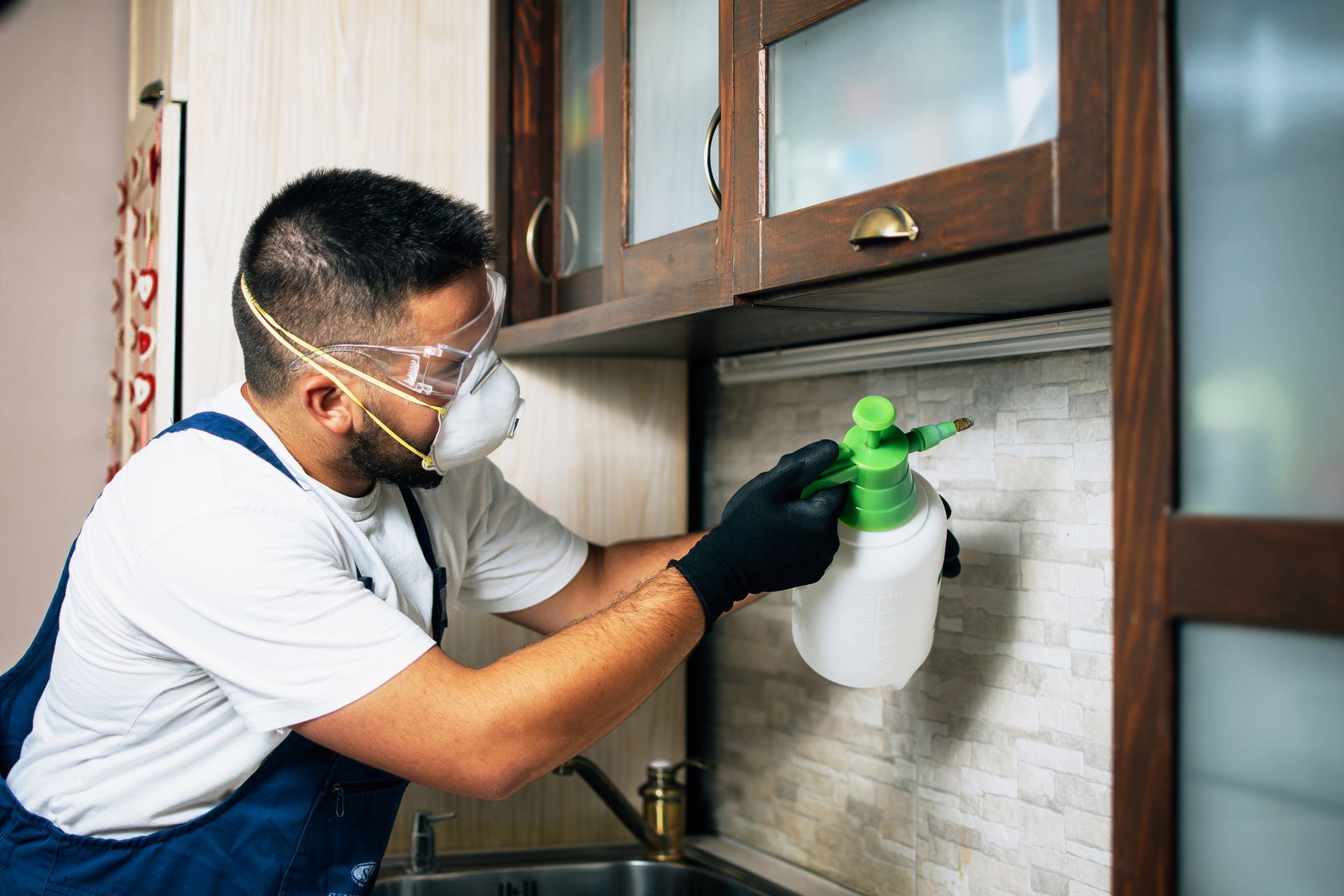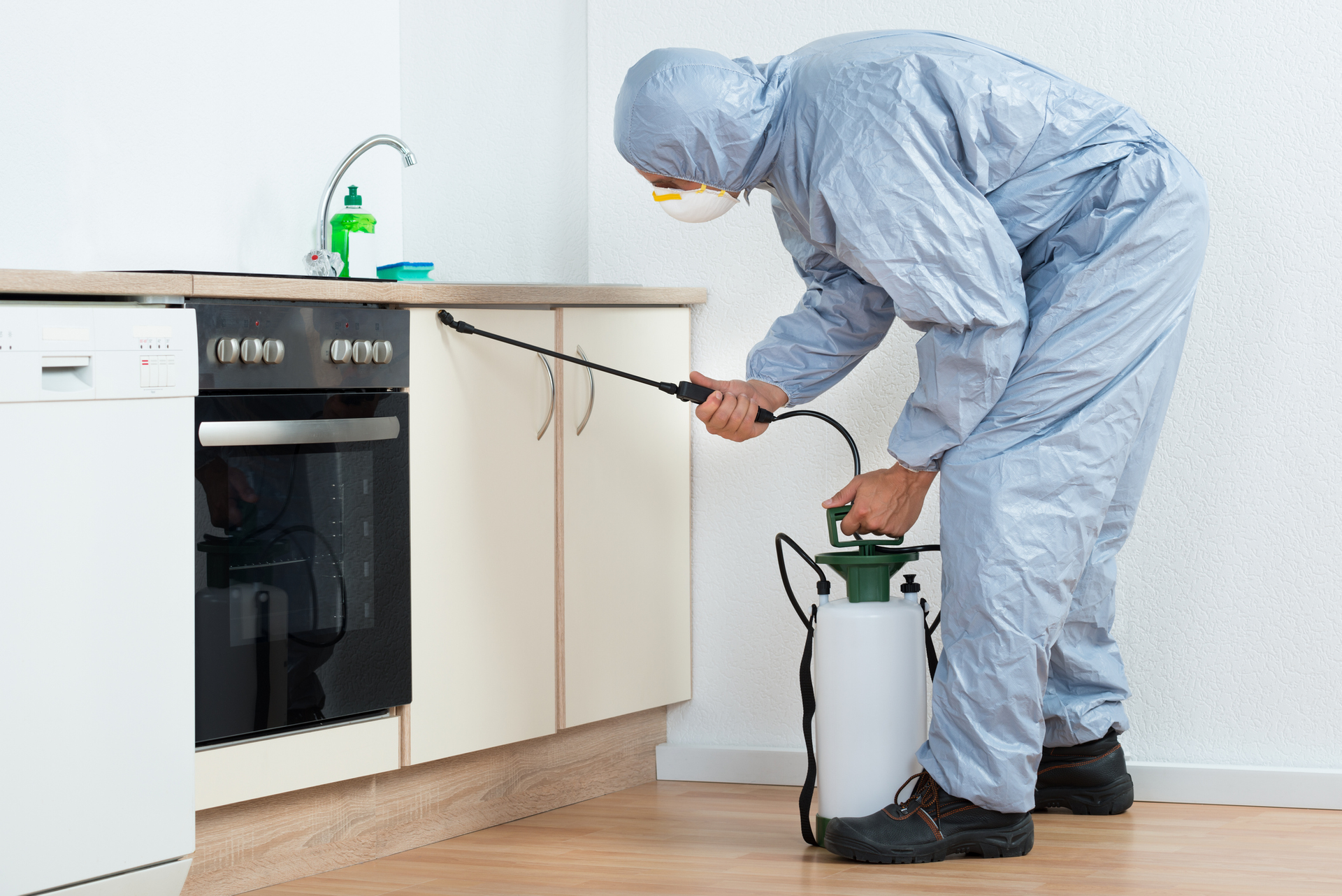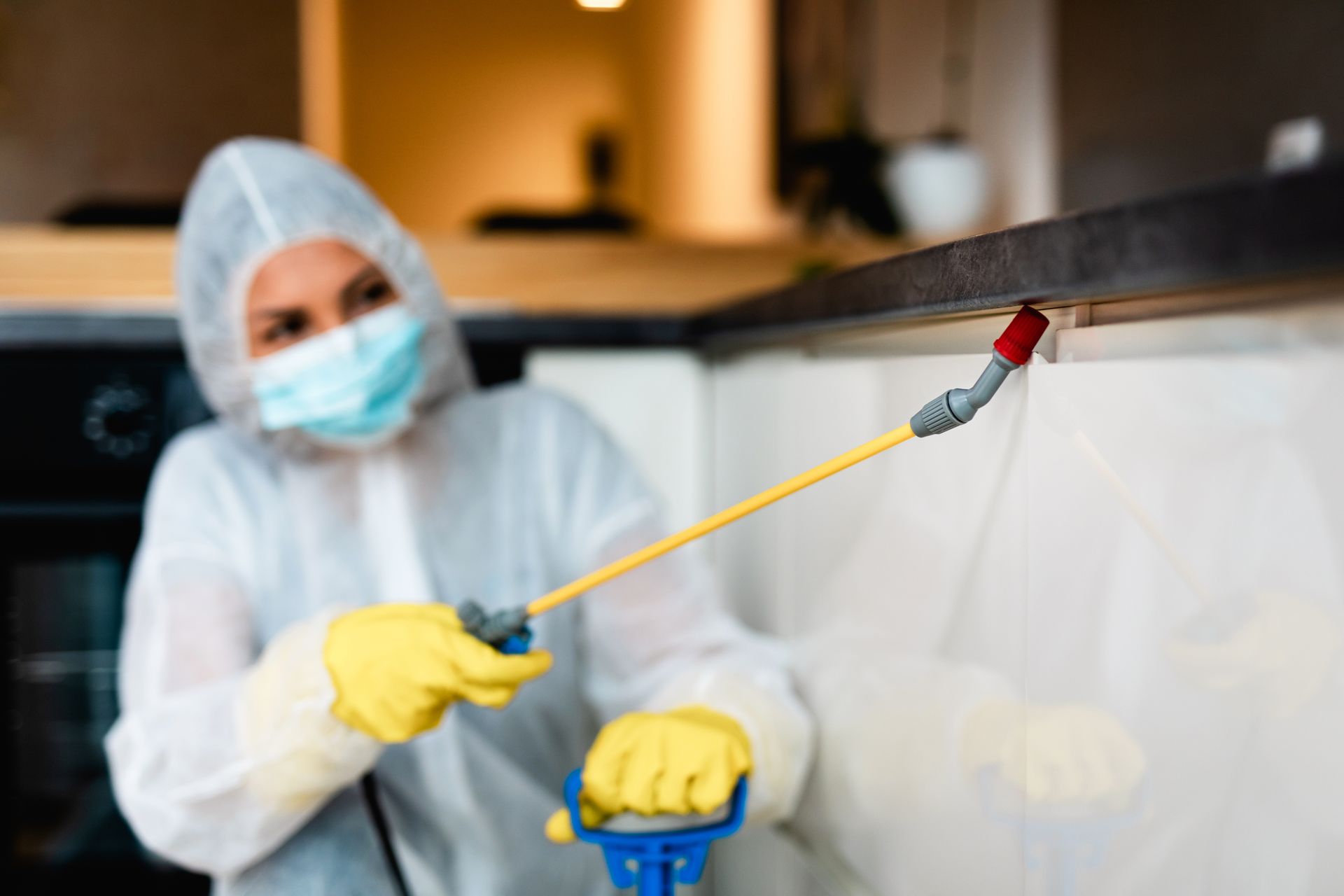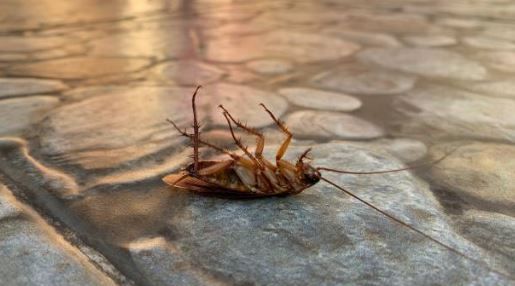How to Prevent Termites: 13 Tips
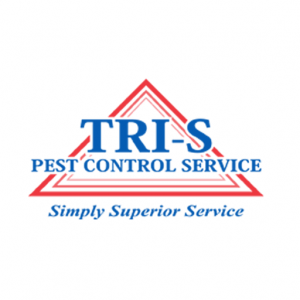 How to Prevent Termites: 13 Tips
How to Prevent Termites: 13 Tips
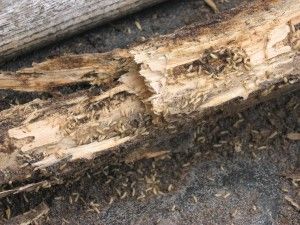
Subterranean Termite Swarm Season is NOW
Below are 13 preventive measures you can take to guard your house and property against termite infestations. Taking a few simple precautions can save you time and money and prevent damage to your home.
1. Identify and fix all water leaks in your home, both inside and outside
Termites need water (even dry wood termites need water), and if the water source comes from your home, the colony will not have to work as hard to get water. Eliminating their water source might induce them to look elsewhere to establish their colony.
Now is the time to repair leaking water pipes, A/C units, and faucets. Seal entry points around water and pipes or utility lines, and divert water away from the foundation of your home.
2. Eliminate any standing or pooling water from around your home
This might include installing French drains that allow water to percolate into the soil more quickly after a rain storm so it doesn’t pool near your home’s foundation.
It also means getting rid of standing water on the roof and other locations. This measure will reduce mosquitoes in the yard too.
3. Keep all rain gutters and drain lines clean of debris
Gutters efficiently convey water from your roof away from your home. Clogged gutters and drain lines leak, allowing water to pool in the gutters along the roofline and on the ground near the footers of your home. Make sure your gutters are serving their purpose.
4. Remove any brush or heavy growth from around your home
Vegetation can create areas of trapped moisture which termites can then use to support their colony.
Vegetation also facilitates a pathway for termites to find new wood to feed on (like your home’s wood siding).
Keep the area around your foundation raked and clean to enable proper drainage and keep your shrubbery trimmed back from your home’s exterior walls.
5. Seal potential access points
Proper sealing/caulking of any openings on the outside of your home can help limit the access to your home’s interior by termites.
Seal any holes, cracks, open seams, and fissures in places such as your foundation, footers, between siding boards and window frames, etc.
Place screens on outside vents, and remove vegetation growing over vents.
6. Install physical termite barriers
There are two main options:
- Chemically treat the soil around the outside of your home with a chemical termite barrier. These treatments are deadly to termites but safe for humans, pets, and other animals.
Generally, 3 types of chemicals are used; Fipronil, Bifenthrin, and Imidacloprid. These are sold under the brand names Termidor, Premise, Prothor or Biflex.
- Use a termite baiting system. These systems don’t require the use of pesticides. Instead, a pod buried in the ground close to the foundation of your home targets the workers in the termite colony. When the workers take the poison, they will bring it home to the rest of the colony. This is an effective way to eliminate entire colonies.
You can also use a combination of both a chemically treated barrier and a termite baiting system. Both systems will give you the ultimate home protection
7. Ventilation
Make sure your home is properly ventilated, including your attic and any internal crawl space areas. Adequate airflow prevents the buildup of moisture needed by termite colonies.
8. Remove dead trees, old stumps, or roots in your yard
As these decay, they provide food and habitat for termites. When the food is gone, the termite colony will look for new sources of food, including your house.
9. Never bury waste lumber or wood scraps in your yard
This will attract the termites and serve as a beacon for them to become established on your property.
10. Do not allow excess building materials or firewood to be stacked against your house
Remember, termites are attracted to wood. Why offer them an appetizer, and a bridge to the main course (your house)? Scrap wood touching the ground is an open invitation to hungry termites.
Keep firewood at least 20 feet away from the house.
If your property is not large enough for wood storage away from the house, put a barrier beneath the wood to prevent direct access by the termites.
Stack the wood on a concrete slab or on a heavy metal stand that raises the wood off the ground (this will also help keep the wood dry and ready to be burned in your fireplace).
11. Use termite-resistant wood for any wooden structures that will have direct contact with the ground
The unprotected wood used for outdoor decks or landscaping is vulnerable to damage by termites. Over 90% of all termite infestations start from wood-soil contact.
If possible, keep an 18-inch gap between soil and your home’s wood structures.
Naturally, termite-resistant wood
types include redwood, cypress, and cedar.
Treated lumber
includes pressure-treated pine, which is extensively used in the Southern U.S. for fences, decks, gazebos, etc.
Treated lumber lasts longer than naturally resistant wood. The chemicals in treated lumber do not guarantee that termites will not invade the wood, but they can act as a deterrent for several years (whereas untreated pine might last just a few seasons).
Home improvement centers now offer concrete supports that raise the wooden support beams for decks and patios off of the ground.
You might also use composite boards in your deck or fence construction in lieu of wooden boards. Composite boards are composed of wood chips and/or sawdust and plastic, and offer superior termite-resistance, compared to wood.
12. Avoid using mulch near your home
Mulch does two things for termites: (1) it provides a food source, and (2) it collects moisture, providing them with their water source.
If you place mulch too close to your home’s footers, it is only a small step for a termite colony to move from the mulch into your walls.
As an alternative to wood mulch, try using rubber mulch (made from shredded used auto tires). Rubber mulch provides the utility of natural mulch without the risks.
13. Periodically have your home inspected for termite damage
An annual termite inspection can save your home with early detection. Also, a trained pest control specialist can offer recommendations to help you prevent a termite invasion.
They also might find something that your own termite-prevent
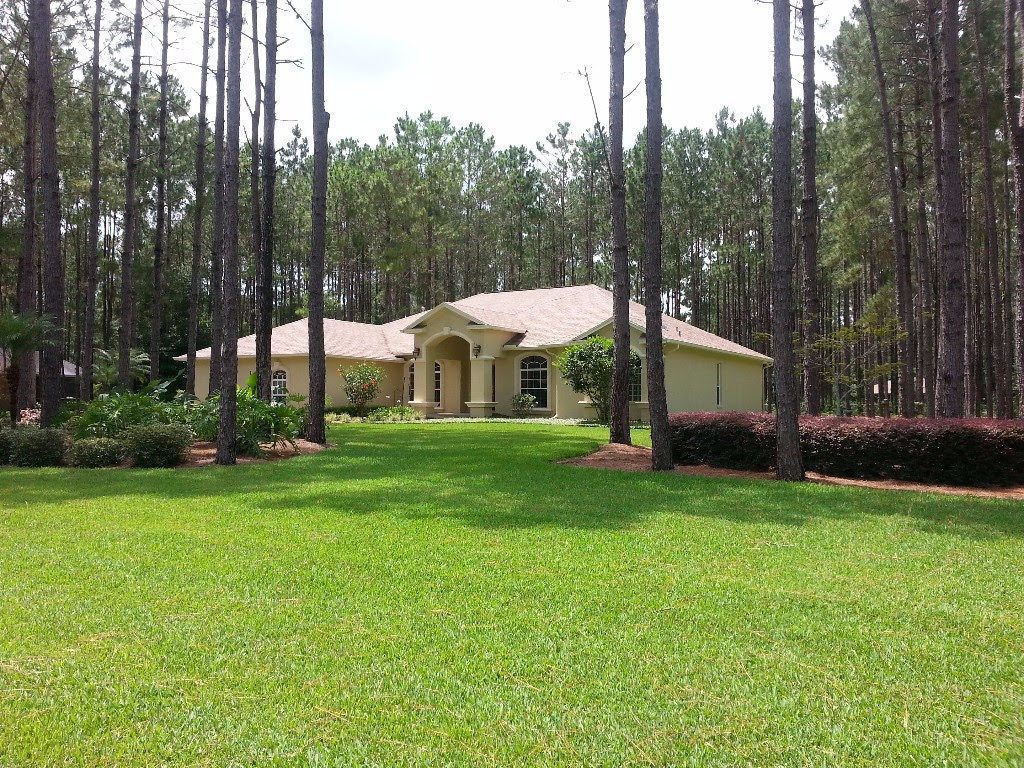
The post How to Prevent Termites: 13 Tips appeared first on Tri-S Pest Control.
